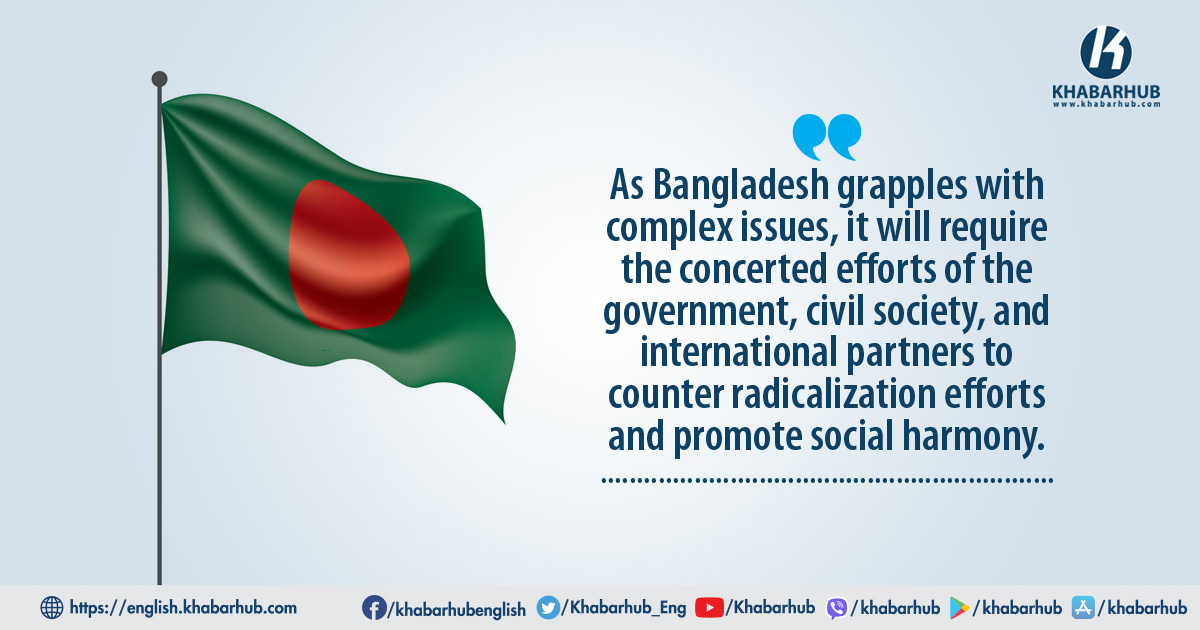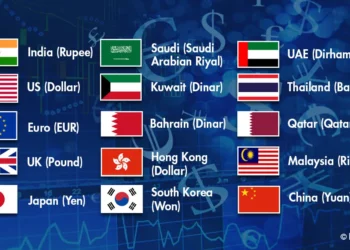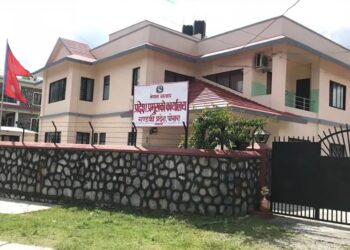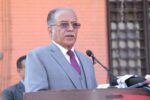Bangladesh finds itself at a crossroads, grappling with the resurgence of radical Islamic influences that threaten to reshape its social and political landscape.
Recent developments, including the potential return of a controversial Islamic television channel, have reignited concerns about the growth of extremism in a country long celebrated for its secular traditions.
The announcement by Indian Islamic scholar Dr. Zakir Naik that Peace TV Bangla will soon resume broadcasting in Bangladesh has sent ripples through the nation’s political and security establishments.
Dr. Naik, who has been living in exile in Malaysia for over seven years, made this revelation during a YouTube Q&A session, stating that efforts are underway to bring the channel back to Bangladeshi airwaves.
Peace TV’s history in Bangladesh is fraught with controversy. The channel’s broadcast was halted in the aftermath of the July 2016 attack on the Holy Artisan Bakery in Dhaka, a tragic event that shook the nation to its core.
Allegations that one of the attackers had been inspired by Dr. Naik’s teachings led to the suspension of the channel’s downlink permissions, forcing cable operators to cease its transmission.
Balancing freedom of expression with national security concerns is a delicate task. The new interim government being led by Mohammad Yunus must carefully consider the implications of allowing Peace TV to broadcast again, especially given the radical elements within the current interim administration.
Despite these setbacks, Dr. Naik claims that Peace TV continues to broadcast via satellite in multiple languages, including Bangla, English, Urdu, and Chinese.
The potential return of Peace TV Bangla to cable networks in Bangladesh, pending approval from the interim government, raises significant questions about the spread of radical Islamic ideology in a country already grappling with the challenge of extremism.
This development comes at a crucial time when Bangladesh’s political and religious landscape is undergoing subtle yet significant shifts. Jamaat-e-Islami Bangladesh, a major Islamist political party with a controversial past, is experiencing leadership changes that could potentially alter its approach and influence in the country.
Jamaat-e-Islami’s history in Bangladesh is complex and contentious, dating back to its opposition to the country’s independence in 1971.
Founded by Abu-ala-Maudidi in British India in 1941, the party has long advocated for an Islamic state, positioning itself as a moderate voice in the religious-political sphere.
However, critics argue that its activities have often aligned with more radical elements within Bangladeshi society.
During periods of political influence, particularly as part of the four-party coalition government, Jamaat-e-Islami wielded significant authority, allowing it to operate with minimal oversight.
This period saw the party expand its reach through various means, including influencing madrasa education, targeting youth for indoctrination, and allegedly fostering connections with extremist groups.
The potential resurgence of radical Islamic media and the ongoing influence of Jamaat-e-Islami are not isolated concerns in Bangladesh.
The country has long contended with a variety of radical Islamic groups, each contributing to a complex web of extremism.
Organizations such as Harkat-ul-Jihad (HUJI-B), Jamaat-ul-Mujahideen Bangladesh (JMB), and Hizb-ut-Tahrir have left their mark on the nation’s struggle against radicalization.
UJI-B, formed in 1992 by veterans of the Afghan war, has been linked to numerous attacks within Bangladesh and boasts connections to international terror organizations.
JMB, established in 1989, has been responsible for several terrorist attacks and maintains a presence that extends beyond Bangladesh’s borders.
Hizb-ut-Tahrir, an international Islamist group, has gained a concerning foothold in the country, particularly among university students and even within the ranks of security forces.
The activities of these groups, ranging from violent attacks to more subtle forms of indoctrination, have contributed to a gradual increase in Islamic radicalization in Bangladesh over the past decade.
Their influence has seeped into educational institutions, social media platforms, and even attempts to infiltrate government institutions.
The rise of radical Islam in Bangladesh has had profound implications for the country’s religious minorities.
The Hindu population, in particular, has seen a significant decline, dropping from 22% in 1951 to a mere 8% in recent years.
Incidents of violence against religious minorities have become increasingly common, often fueled by misinformation spread through social media and exploited by radical elements.
Recent years have witnessed troubling events that highlight this growing tension.
In February 2023, unidentified individuals vandalized idols at fourteen temples in Thakurgaon.
A more severe incident occurred in 2021, where over 100 Hindu temples, festivals, stores, and residences were targeted, resulting in seven fatalities.
These attacks not only threaten the safety and security of religious minorities but also strain Bangladesh’s relationship with neighboring India.
The Bangladeshi government faces a critical decision regarding Peace TV Bangla’s potential return.
The coming months will be crucial in determining whether Bangladesh can effectively manage these challenges and maintain its commitment to secularism and pluralism, or whether the country will see a further rise in radical Islamic influence.
Balancing freedom of expression with national security concerns is a delicate task. The new interim government being led by Mohammad Yunus must carefully consider the implications of allowing Peace TV to broadcast again, especially given the radical elements within the current interim administration.
Efforts to counter radicalization in Bangladesh need to be multifaceted.
This includes strengthening counter-radicalization programs, enhancing border security, and improving regional cooperation.
The government must also address the role of local clerics and educational institutions in propagating extremist ideologies.
The interim government’s alignment with Jamat-e-Islami raises questions about its commitment to these efforts, and there is a pressing need for vigilance and proactive measures to prevent the resurgence of extremist influences.
As Bangladesh stands at this critical juncture, the decisions made by the interim government regarding Peace TV Bangla and the actions taken to counter extremist narratives will play a significant role in shaping the country’s future trajectory.
The coming months will be crucial in determining whether Bangladesh can effectively manage these challenges and maintain its commitment to secularism and pluralism, or whether the country will see a further rise in radical Islamic influence.
The resurgence of radical Islam in Bangladesh is not just a national concern but a regional one, with implications for South Asian stability and security.
As Bangladesh grapples with complex issues, it will require the concerted efforts of the government, civil society, and international partners to counter radicalization efforts and promote social harmony.









Comment